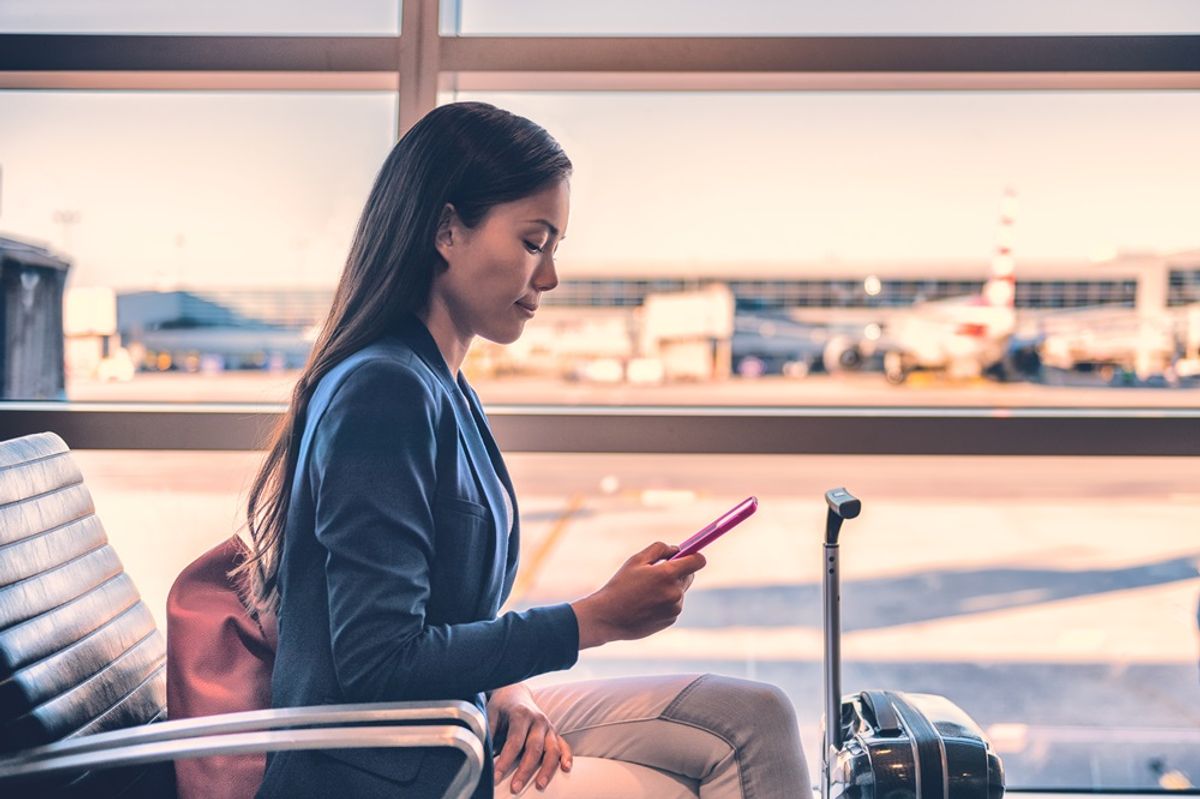Tension is growing between business travellers, travel managers, and
company leadership amid the current economic environment, finds the
sixth edition of the SAP Concur Global Business Travel Survey.
“Balance between flexibility and cost is delicate, not to mention
pressures from new distribution channels and ongoing geopolitical
issues,” said Charlie Sultan, president of Concur Travel at SAP Concur.
“This year’s report demonstrates the need for a mutual understanding of
these realities and compromise in corporate travel programs.”
Over 3,700 business travellers in 24 markets were surveyed, with 67%
of the surveyed said that business travel was critical for career
advancement. However, opportunities for such travel remain scarce – just
as many surveyed shared that they had not had the same opportunity to
take business trips as compared to their co-workers.
Reasons cited for this lack of opportunity ran the gamut from company
seniority and age to physical appearance, gender and sexual
orientation. However, safety trumps opportunity to travel – 44% of
business travellers shared that they would choose to decline business
trips due to safety concerns, and 33% said they would turn down an
opportunity to travel due to safety concerns around the mode of
transportation required.
Business travel costs on chopping block
Business travellers and travel managers surveyed have said they
struggle to exercise flexibility as company leadership cuts back on
business travel costs.
Despite business travellers saying their company is focused on their
needs for flexibility, 91% have seen their company cut back on allowing
options such as blended travel. Employees have seen cutbacks in allowing
remote work while travelling for pleasure to avoid taking leave days
(27%) or adding personal travel to a business trip (25%).
This has had a strong effect on business travel, with one in five
saying they are willing to decline a business trip that does not allow
them to extend it for personal travel.
Companies have also cut back on comfort-focused requests, such as
staying overnight to avoid a long day of travel for a day trip (28%),
paying more to get a non-stop flight or direct route (28%), using
business or premium class (27%), or using options like taxis or
ride-share apps rather than public transportation (27%).

Trips declined due to travel disruption
The majority of global business travellers have been significantly
impacted by travel disruptions over the past year, with 88% forced to
take unanticipated steps because of unexpected delays, cancellations or
the need to reroute, according to the report.
These changes have made life difficult for travel managers, with 42%
of 600 surveyed saying that they foresee company directives to cut
travel costs will pose a challenge.
This concern may prove valid, as over a third of business travellers
(36%) say they’ve incurred additional expenses on a business trip
because of unexpected travel challenges, and a similar percentage (34%)
have had to use an alternate transportation method. More than one in
four (30%) have booked travel directly with suppliers because of
unexpected travel challenges.

